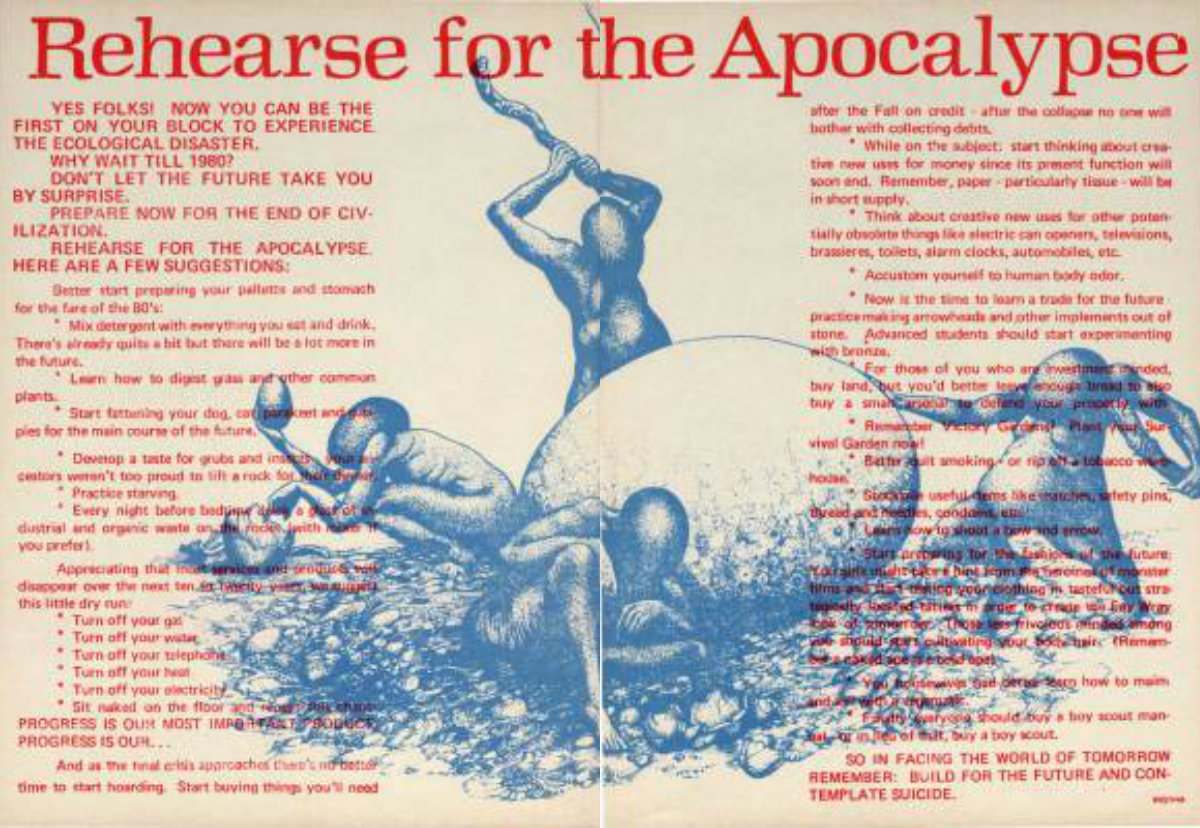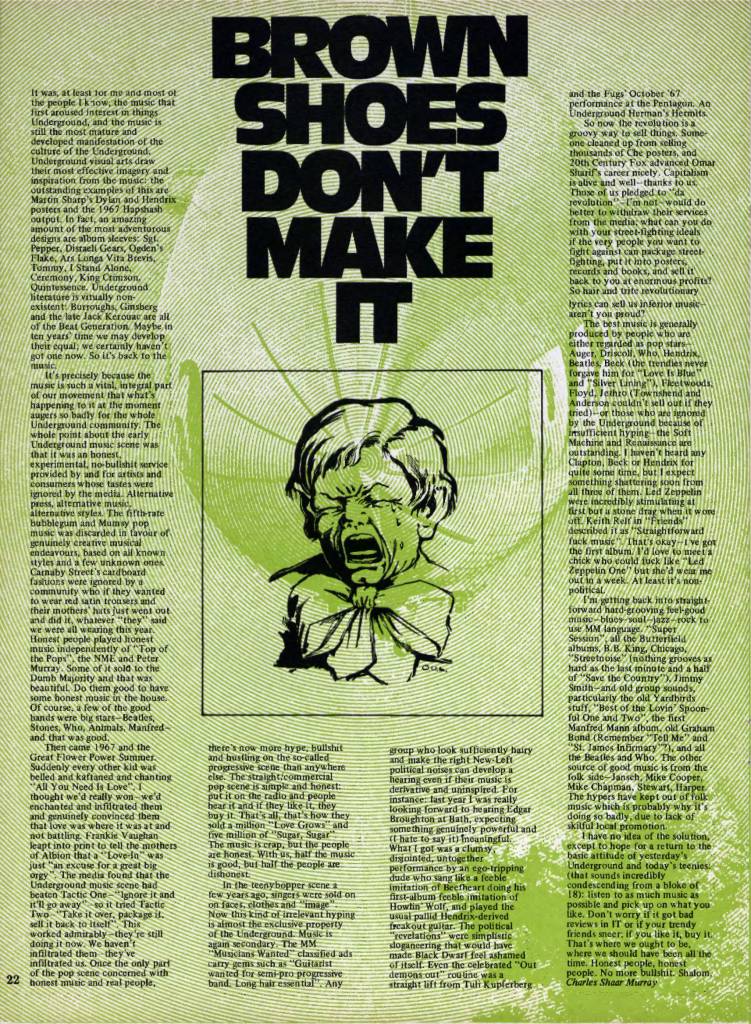School Kids Edition of Oz
School Kids Edition of OZ
‘SCHOOL KIDS ISSUE’, OZ No. 28
How this all started.
Entire Oz School Kids after the text! << But this is worth a read!
In May 1970, London-based Oz magazine published the ‘SCHOOL KIDS ISSUE’, OZ No. 28. The issue was so-called not because it was aimed at children but was written by around 20 secondary school students who had answered an advert in OZ No. 26:
Some of us are feeling old and boring. We invite our readers who are under 18 to come and edit the April issue. We will choose one person, several or accept collective applications from a group of friends. Oz belongs to you.
The trial of "Oz" magazine, often referred to as "The Trials of Oz," had a significant impact on attitudes towards censorship, freedom of expression, and counterculture in the United Kingdom. While the defendants were found guilty, the trial marked a turning point in public perception and legal approaches to these issues. Here's how attitudes changed after the trial:
Greater Tolerance for Alternative Media: The trial highlighted the importance of alternative media and the role it played in providing a platform for unconventional voices and ideas. It led to a greater acceptance of alternative and underground publications as legitimate forms of expression, even if their content was controversial or challenging to mainstream values.
Shift in Public Opinion: The trial generated significant public interest and sympathy for the defendants, particularly among younger generations and those sympathetic to counterculture movements. Many saw the charges as an attempt to suppress free speech and artistic expression. This shift in public opinion contributed to a more permissive atmosphere regarding the content of magazines and publications.
Reevaluation of Obscenity Laws: The trial prompted a reconsideration of obscenity laws in the UK. While the defendants were found guilty, the lenient sentences indicated that the legal system was becoming more lenient in its interpretation of what constituted obscenity. There was a growing recognition that artistic, satirical, or political content should not be subject to the same level of censorship as explicit pornography.
Erosion of Traditional Values: The trial challenged traditional moral and societal values, particularly those held by the older generation. It signaled a growing generation gap, with younger people advocating for greater freedom of expression and a more open society, while older generations clung to more conservative beliefs.
Influence on Media and Art: The trial of "Oz" magazine had a lasting impact on the media and art scenes in the UK. It encouraged journalists, writers, and artists to push the boundaries of what was acceptable in their work, leading to a more diverse and creative cultural landscape.
Inspiration for Activism: The trial inspired activism around issues of free speech, civil liberties, and counterculture. It galvanised individuals and groups to become more vocal in their defense of these principles and to challenge any attempts at censorship.
Legal Precedent: While the defendants were convicted, the trial set a legal precedent that emphasised the importance of considering artistic and satirical intent when evaluating potentially obscene material. This precedent made it more difficult to prosecute similar cases in the future.
In sum, "The Trials of Oz" contributed to a shift in attitudes towards censorship and free expression, with a growing recognition of the importance of protecting artistic, satirical, and political content from undue censorship. It became a symbol of resistance to censorship and a catalyst for change in the cultural and legal landscape of the UK, ultimately leading to a more permissive and open society.
Here is the entire magazine, that started the ball rolling to uncover corupt police in very high positions!



